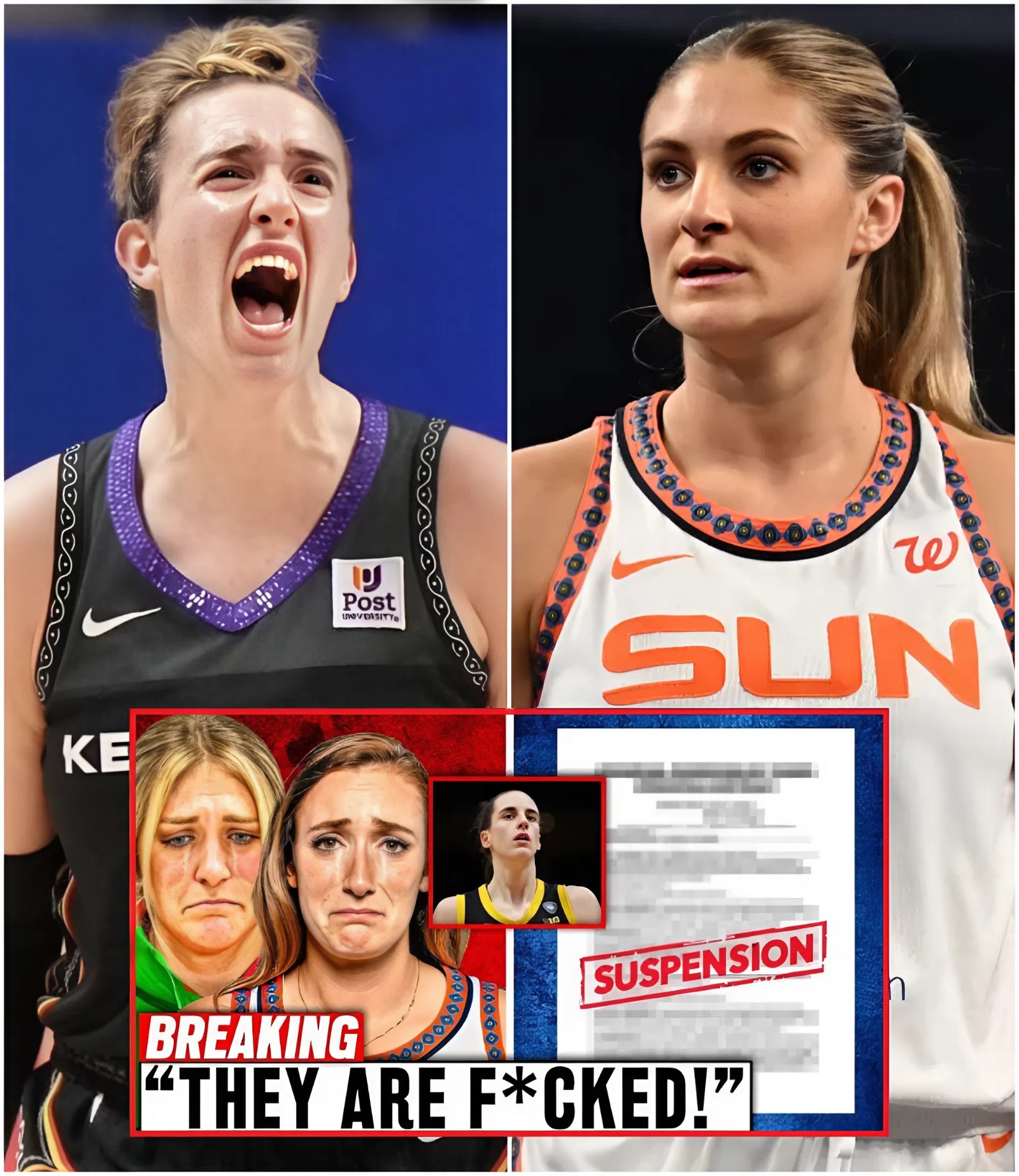
What Was Meant to Be a Celebration Became a Flashpoint
The WNBA has suspended Marina Mabrey and Jacy Sheldon following escalating public backlash over their physical altercations with Caitlin Clark during the June 18 Commissioner’s Cup clash. The game, meant to showcase elite women’s basketball, instead spotlighted the league’s disciplinary inconsistency and player safety concerns.
“She’s the reason we’re watching,” one viral post declared. “And the league treats her like she’s the problem.”
Viral Moments Force the League’s Hand
Sheldon’s eye poke and Mabrey’s full-body shove of Clark during a dead ball drew no ejections—only mild penalties. Despite clear video evidence and a national audience of over 2.2 million viewers, it wasn’t until days later and widespread social pressure that the WNBA acted.
A Broader Problem: League Priorities in Question
Fans and analysts argue Clark—who has boosted league ratings by 50%—has become a target. From excessive drug testing to repeated on-court aggression, critics say the WNBA has failed to protect its biggest draw.
“Star players shouldn’t need bodyguards,” one analyst noted. “Officials should handle that.”
The Bottom Line
Suspensions are a start. But for the WNBA to sustain growth, it must enforce real-time accountability and protect its stars—not just after outrage, but when it matters most. The world is watching—and Caitlin Clark deserves better.





